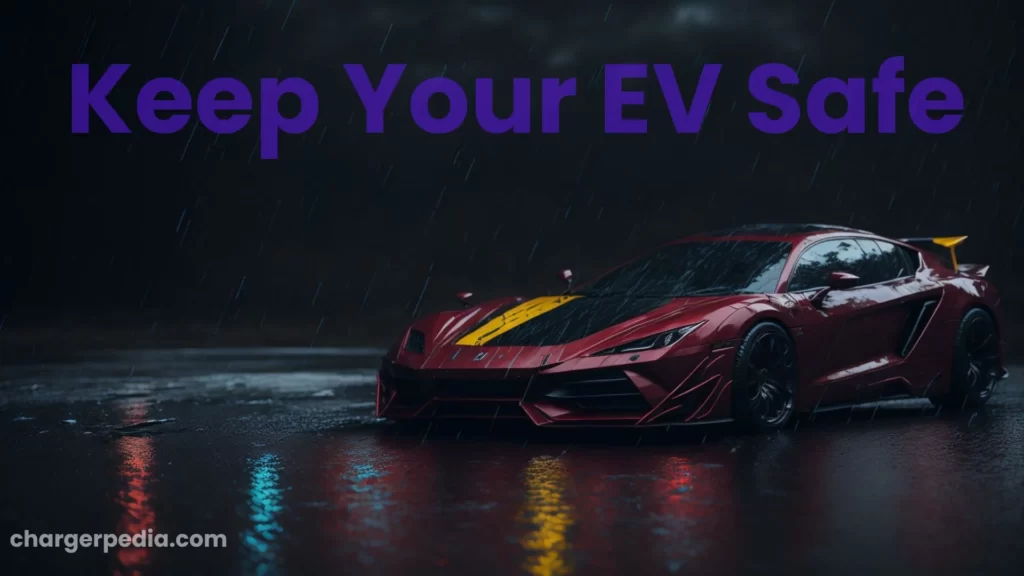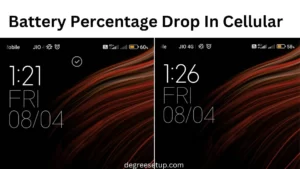
Monsoon has just arrived, and if you own an EV, you must have many questions in your mind about maintaining your EV in the rainy season. Electronic vehicles are quite different compared to vehicles that run on fuel. I have researched some tips to help you care for your electric vehicle in the rainy season. Keep these tips noted and use them at your convenience.
Here are some tips to keep your EV safe this monsoon season.
Table of Contents
The area and car should be dry.
All electric vehicle batteries are water and moisture-resistant. Still, if there’s severe rain for 2-3 days or more, leaving your vehicle open, the water or moisture can affect your car and other electronic parts.
It is better to build a shed or a roof if you don’t have a permanent garage for your car. It might not cost more than a couple of bucks. Apart from that, make sure the draining system of your house is sound. If the water stays near your vehicle, it might affect charging it.
Avoid driving in flooded and watery areas.
There should be no debate on this topic: when an area is flooded, you should avoid driving your car into such places. The water pressure near these areas is relatively high, and things inside the water, such as debris or any pointed object, can damage your car.
Dry your car regularly.
Drying the car is essential not only if you own an EV but another vehicle too. Give special attention to electronics such as speakers, buttons, and vents. Dry them out using a blower or a dryer to remove the water altogether.
I have observed this is the rainy season, even if a small amount of water is entered inside your vehicle, and if you won’t dry and keep your car lonely for a long time, the car will start to smell. I have also seen some worse cases where fungus had developed in the mats. Remove the water and clean your car using a suitable leather cleaner to avoid them.
The charger should be in a safe place.
The place of charger and its attachment should be at a distant place where water and moisture are not present. Keep the main body of the charger inside a room of possible nuts my opinion; electric vehicles should be charged in a closed space.
Another point I must state is that when you use any metal in moisture, it may form rust. As the socket and adapter pins are made of metals, it is better to use them inside as they may develop rust quickly.
Avoid driving your car in remote places.
Currently, there are limited charging stations for electric vehicles, and still, most villages and towns are not equipped with a single charging station during the rainy season; there is a high probability of power cuts too.
In such places, you can’t charge your vehicle and may be stuck there for hours.



